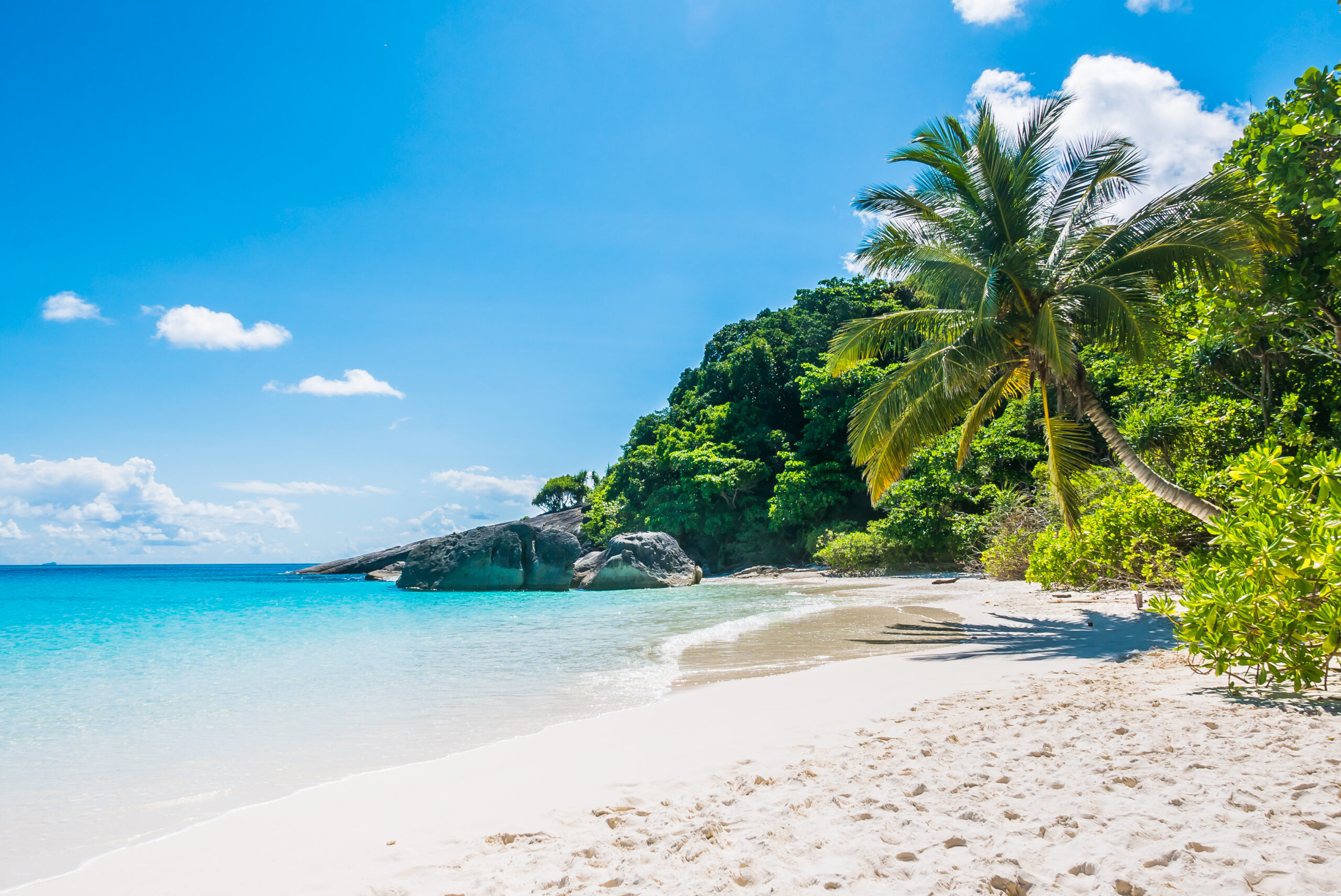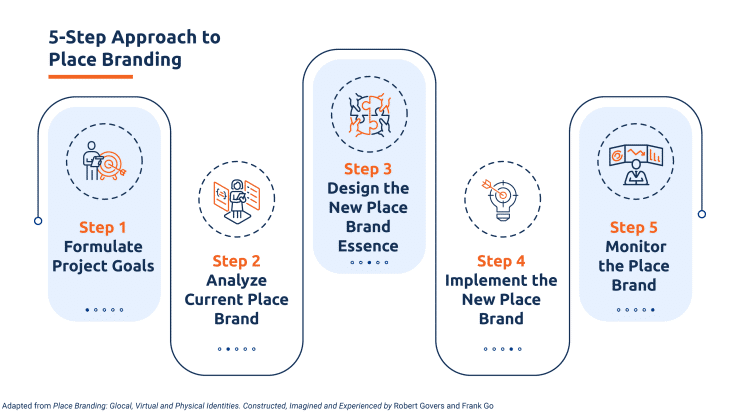Comparing Jamaica & Turkey’s FDI attraction strategies
Most countries are keen to understand what other countries are doing to attract FDI.
In today’s post, we compare Jamaica and Turkey/Turkiye to assess what each country is doing to attract FDI.
Jamaica
GDP of $17 Billion (USD).
GDP per capita of $6,047
Population of 3 Million people.
Jamaica recorded 1.4 Million tourism visits in 2021.
Jamaica generated $2.2 Billion from Tourism in 2021.
Turkey/Turkiye
GDP of $907 Billion (USD).
GDP per capita of $10,674 (USD).
A population of 87 Million people.
Turkiye recorded 29.93 Million tourism visits in 2021.
Turkiye generated $26 Billion from Tourism in 2021.
Now that we have the stats for context, let’s explore how both countries promote FDI.
Jamaica and Turkey have different economic structures, geographical locations, and developmental priorities, so their strategies for attracting Foreign Direct Investment (FDI) vary. Let’s explore some general aspects of their FDI attraction strategies.
Jamaica:
- Economic Focus: Jamaica’s economy relies heavily on tourism, agriculture, and services, with a growing emphasis on sectors like information technology and business process outsourcing (BPO).
- Incentives: The Jamaican government offers various incentives to attract FDI, including tax breaks, duty-free access for certain imports, and streamlined approval processes for investment projects.
- Infrastructure Development: Improving infrastructure, such as transportation networks, telecommunications, and energy, is a key focus to enhance the business environment and attract investors.
- Trade Agreements: Jamaica is part of various trade agreements, such as the CARICOM Single Market and Economy (CSME) and the Economic Partnership Agreement (EPA) with the European Union, which can provide preferential access to markets and enhance its attractiveness to investors.
- Special Economic Zones (SEZs): Jamaica has established SEZs to provide a conducive environment for export-oriented businesses, offering tax incentives, simplified regulations, and infrastructure support.

Turkey:
- Diverse Economy: Turkey has a more varied economy than Jamaica, with significant industries including manufacturing, automotive, textiles, construction, and tourism.
- Geopolitical Position: Turkey’s strategic location between Europe and Asia makes it an attractive investment destination for companies seeking to access both markets. Its large domestic market also appeals to investors.
- Incentives and Support: The Turkish government offers various incentives to attract FDI, including tax incentives, investment subsidies, and support for research and development activities.
- Infrastructure Development: Turkey has been investing heavily in infrastructure projects, such as transportation networks (including airports and railways) and energy infrastructure, to support economic growth and attract investment.
- Customs Union with the EU: Turkey is part of a Customs Union with the European Union, which facilitates trade and investment flows between the two entities. It has also signed various free trade agreements with other countries and regional blocs.
- Industrial Zones: Turkey has established industrial zones and organised industrial zones (OIZs) to encourage investment and industrial development, offering infrastructure facilities and administrative support to businesses.
While both Jamaica and Turkey aim to attract FDI to boost economic growth and development, their strategies differ based on their unique economic circumstances, priorities, and competitive advantages. Jamaica’s focus on sectors like tourism and services contrasts with Turkey’s more diversified economy and strategic geopolitical position. However, both countries emphasise incentives, infrastructure development, and supportive policies to attract foreign investors.
Jamaica
Jamaica has been actively working to attract Foreign Direct Investment (FDI) in the tourism sector due to its natural beauty, rich culture, and strategic location in the Caribbean. Here are some key strategies and initiatives Jamaica has employed to attract FDI in tourism:
- Tourism Promotion: Jamaica actively promotes its tourism industry globally through marketing campaigns, participation in international travel fairs and exhibitions, and partnerships with travel agencies and airlines. This promotion aims to attract tourists and investors alike by showcasing Jamaica’s attractions and investment opportunities.
- Public-Private Partnerships (PPPs): Jamaica encourages PPPs in the tourism sector to leverage private sector expertise and investment capital. This includes partnering with international hotel chains, resort developers, and tour operators to develop new tourism infrastructure and experiences.
- Investment Incentives: The Jamaican government offers various incentives to attract FDI in tourism, including tax holidays, duty-free concessions on imported goods and materials for tourism projects, and streamlined approval processes for investment projects.
- Infrastructure Development: Jamaica invests in tourism-related infrastructure to enhance its attractiveness to visitors and investors. This includes improving airports, seaports, roads, and other transportation networks to facilitate tourist arrivals and support tourism development in various regions of the country.
- Tourism Master Plans: Jamaica has developed tourism master plans and strategies to guide sustainable tourism development and investment. These plans outline priorities for infrastructure development, environmental conservation, community engagement, and product diversification to ensure long-term growth and competitiveness in the tourism sector.
- Destination Development: Jamaica focuses on developing new tourism destinations and experiences to attract visitors and diversify its tourism product offerings. This includes investing in ecotourism, adventure tourism, cultural tourism, and niche markets to cater to different traveller preferences and interests.
- Training and Capacity Building: Jamaica invests in training programs and capacity-building initiatives to develop a skilled workforce for the tourism industry. This includes training programs for hospitality professionals, tour guides, and service providers to enhance the quality of tourism services and experiences.
Overall, Jamaica recognises the importance of FDI in tourism for economic growth, job creation, and sustainable development. By implementing strategies to attract and support investment in the tourism sector, Jamaica aims to strengthen its position as a leading tourism destination in the Caribbean and enhance the socio-economic benefits of tourism for its people and communities.

Turkey
Turkey has been actively promoting foreign direct investment (FDI) in its tourism sector, leveraging its rich cultural heritage, diverse landscapes, and strategic location at the crossroads of Europe and Asia. Here are some key strategies and initiatives Turkey has employed to attract FDI in tourism:
- Investment Incentives: The Turkish government offers various incentives to attract FDI in tourism, including tax breaks, investment subsidies, and incentives for large-scale tourism projects. These incentives aim to encourage investment in hotel development, resort infrastructure, and tourism-related businesses.
- Tourism Promotion: Turkey promotes its tourism industry through targeted marketing campaigns, participation in international travel fairs and exhibitions, and collaboration with travel agencies and tour operators worldwide. The promotion highlights Turkey’s diverse attractions, including historical sites, cultural landmarks, coastal resorts, and natural landscapes.
- Public-Private Partnerships (PPPs): Turkey encourages PPPs in the tourism sector to leverage private sector expertise and investment capital for tourism infrastructure development. This includes partnering with international hotel chains, real estate developers, and investors to develop new tourism projects and destinations.
- Infrastructure Development: Turkey invests in tourism-related infrastructure to enhance visitor experiences and support tourism growth. This includes improving airports, seaports, roads, and public transportation networks to facilitate tourist arrivals and transportation within tourist destinations.
- Destination Management: Turkey focuses on destination management and planning to ensure sustainable tourism development and investment. This includes developing tourism master plans, zoning regulations, and environmental management strategies to protect natural and cultural assets while promoting responsible tourism practices.
- Tourism Investment Zones: Turkey has designated Tourism Investment Zones (TIZs) in strategic locations to attract investment in tourism projects and facilitate development approvals. These zones offer incentives such as tax exemptions, land allocation, and streamlined permit processes for investors.
- Cultural and Heritage Tourism: Turkey promotes its cultural and heritage tourism assets, including UNESCO World Heritage Sites, ancient ruins, and historical monuments, to attract cultural tourists and heritage enthusiasts. Investment in preserving and promoting cultural heritage sites enhances their appeal to international visitors and investors.
- Niche Tourism Markets: Turkey develops niche tourism markets such as health tourism, adventure tourism, golf tourism, and luxury tourism to diversify its tourism product offerings and attract high-spending travellers. Investment in niche tourism infrastructure and services caters to specific traveller preferences and expands market opportunities.
Overall, Turkey recognises the importance of FDI in tourism for economic development, job creation, and international competitiveness. By implementing strategies to attract and support investment in the tourism sector, Turkey aims to capitalise on its tourism potential and position itself as a leading destination for global travellers
From the visitor numbers, it seems Jamaica and other countries could learn from Turkey.
What FDI attraction strategies are working for your place?
Let us know if you need help with generating FDI leads: Contact@soroniglobal.com.
Sources:
https://wits.worldbank.org/CountryProfile/en/Country/JAM/Year/2021/Summary

